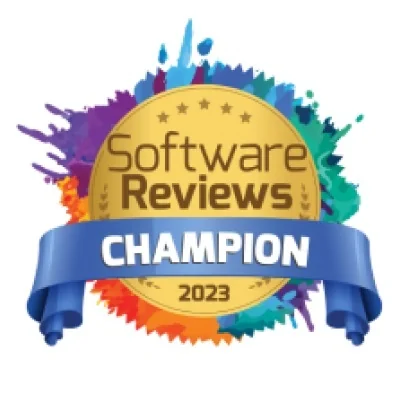The data dictionary, along with the data catalog and the business glossary are all tools to help get the organization on the same page in terms of its data and data descriptions. Enterprise business intelligence teams today have at minimum a handful of business intelligence systems processing data, each managed by different team members, often in different locations, which leaves quite a bit of room for inconsistency of data descriptions across systems.
Whereas a business glossary defines terms across a business domain, providing an authoritative source for all business operations, the data dictionary is more technical, used mainly by IT teams to help organize and describe different variables indicated by metadata associated with a dataset. It is specialized for IT system analysts and anyone who modifies or makes changes to IT systems. Beyond this, a data dictionary allows you to set more detailed parameters about the data, such as:
- Columns that contain unique identifiers, allowing for easier data navigation
- Permissible inputs for particular data, such as the allowed values in a specific row or column
- Text descriptions of data objects that allow for greater interpretation and application of data than a basic label
The main benefits of a data dictionary are: better data consistency, improved data quality, improved utilization of existing data, more efficient programming, stronger standard enforcement across datasets, superior categorization of incoming data, faster and more accurate data analysis, established data ownership, elimination of data redundancies, compliance with all legal data regulation requirements.


